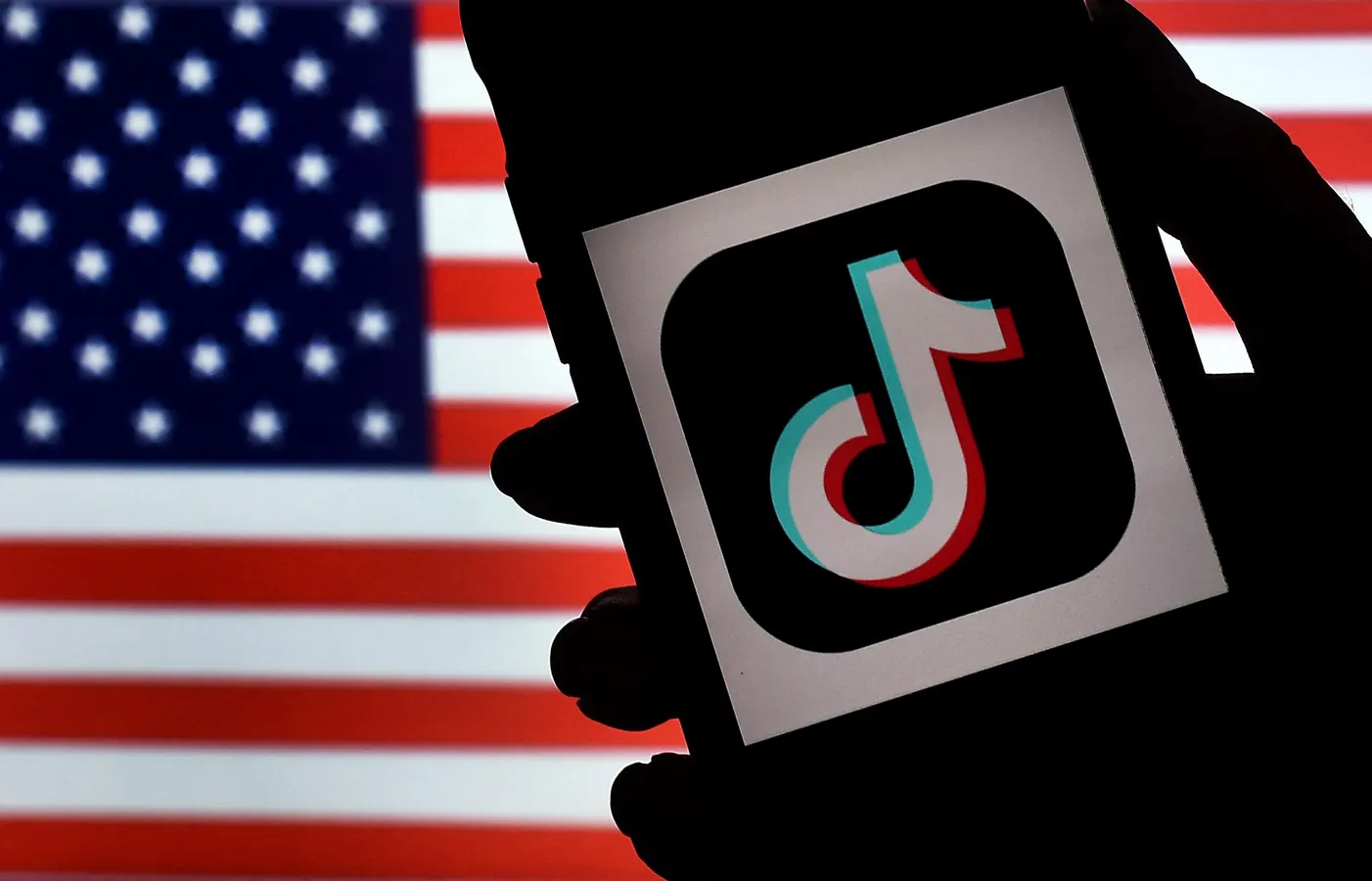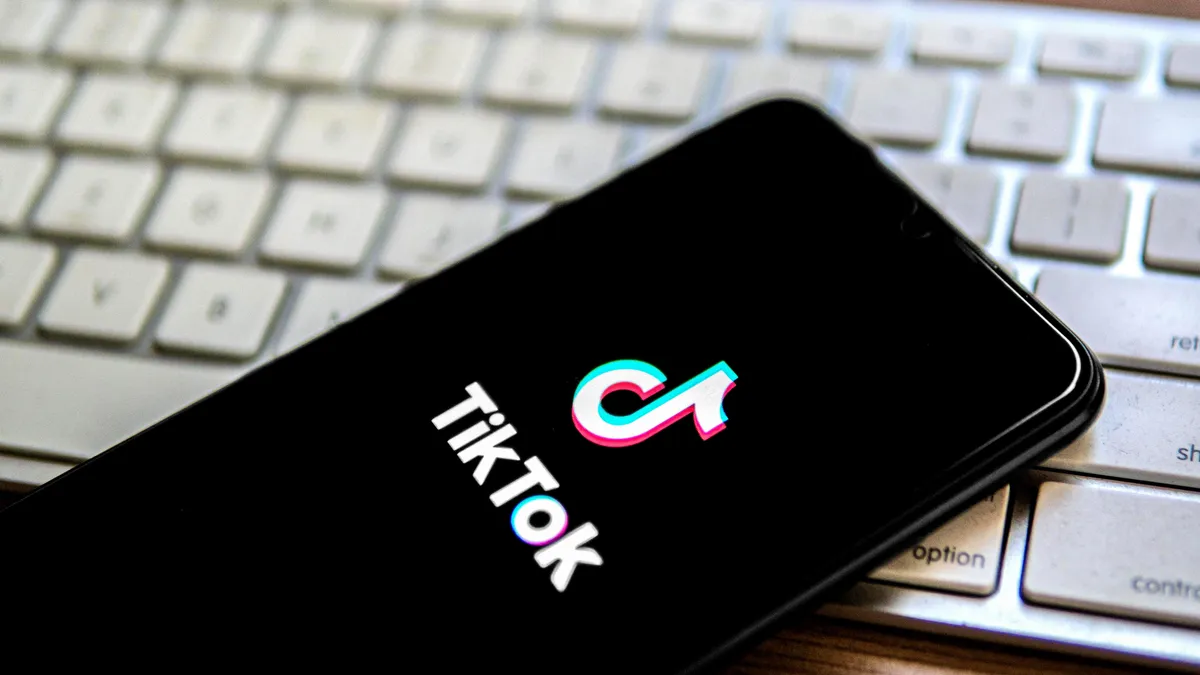TikTok, the global social media juggernaut, is currently under the microscope in Canada, with the federal government conducting a national security review of the platform’s proposed expansion. This move, announced by Industry Minister Francois-Philippe Champagne, reflects growing concerns over the implications of TikTok’s operations on national security.
The review, initiated quietly in September 2023 under the auspices of the Investment Canada Act, is aimed at scrutinizing the potential risks associated with the app’s growth ambitions in the country.
In an era where digital sovereignty and cybersecurity are at the forefront of national agendas, Canada’s decision to undertake this review underscores a cautious approach toward managing foreign investments in critical sectors.
Champagne’s announcement came on the heels of discussions with G7 counterparts in Italy, signaling a coordinated effort among global powers to address the challenges posed by digital platforms with foreign ownership.

The American Angle: TikTok’s Battle Against a Ban
As TikTok contends with the Canadian security review, the platform is also bracing for a potential legislative showdown in the United States. A bill recently passed by the US House of Representatives could force the company’s Chinese owners to divest their American operations or face a comprehensive ban.
This development has prompted the entertainment app from Byte Dance to rally its vast user base in opposition to the proposed legislation.
As I told @larry_kudlow TikTok is a matter of national security and should come under American control. pic.twitter.com/qwWOjZiDmh
— Newt Gingrich (@newtgingrich) March 18, 2024
In a remarkable display of digital activism, TikTok has rolled out in-app messages encouraging its users to reach out to their senators and voice their concerns over the bill. This campaign follows a similar initiative targeting the House vote, which saw a flood of calls to Congressional offices, predominantly from the platform’s youthful audience.
TikTok’s CEO, Shou Chew, has taken a direct approach to addressing the community, reaffirming the company’s commitment to fighting for their constitutional rights. Chew’s assurances of exploring all legal avenues to contest the bill, if passed, resonate with a broader narrative of digital platforms clashing with government regulations.
The Road Ahead: Navigating Uncertain Waters
The unfolding saga of TikTok’s regulatory challenges in North America serves as a bellwether for the evolving relationship between global tech companies and national governments.
With digital platforms increasingly under scrutiny, the outcomes of these reviews and legislative efforts will likely set precedents for how nations approach the regulation of foreign-owned technology companies.

As TikTok maneuvers through this complex landscape, the platform’s ability to engage its user base in advocacy efforts underscores the shifting dynamics of political mobilization in the digital age. Whether TikTok can weather this storm remains to be seen, but one thing is clear: the conversation around digital privacy, national security, and the power of social media is far from over.
As the world watches, the saga of TikTok’s challenges in Canada and the United States underscores the delicate balance between fostering innovation and safeguarding national security in the digital era.
The outcomes of these discussions may very well shape the future of international tech policy, making it a topic of paramount importance for policymakers, industry leaders, and users alike.


